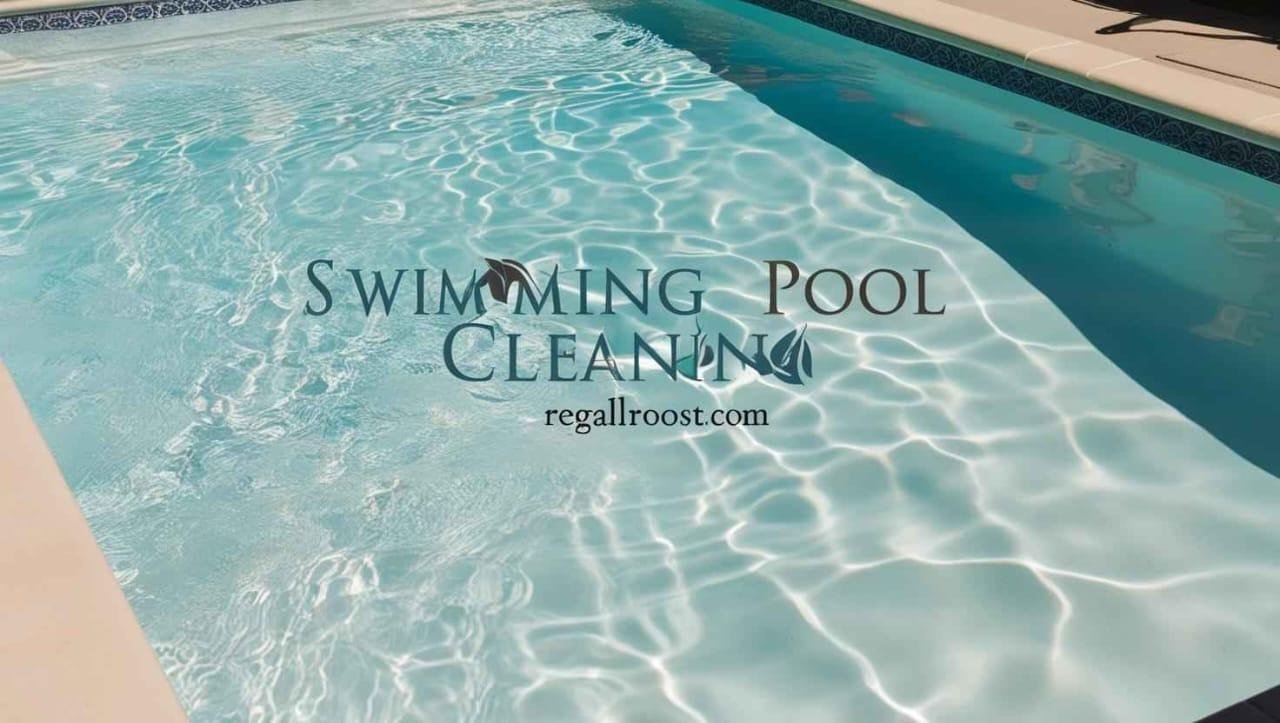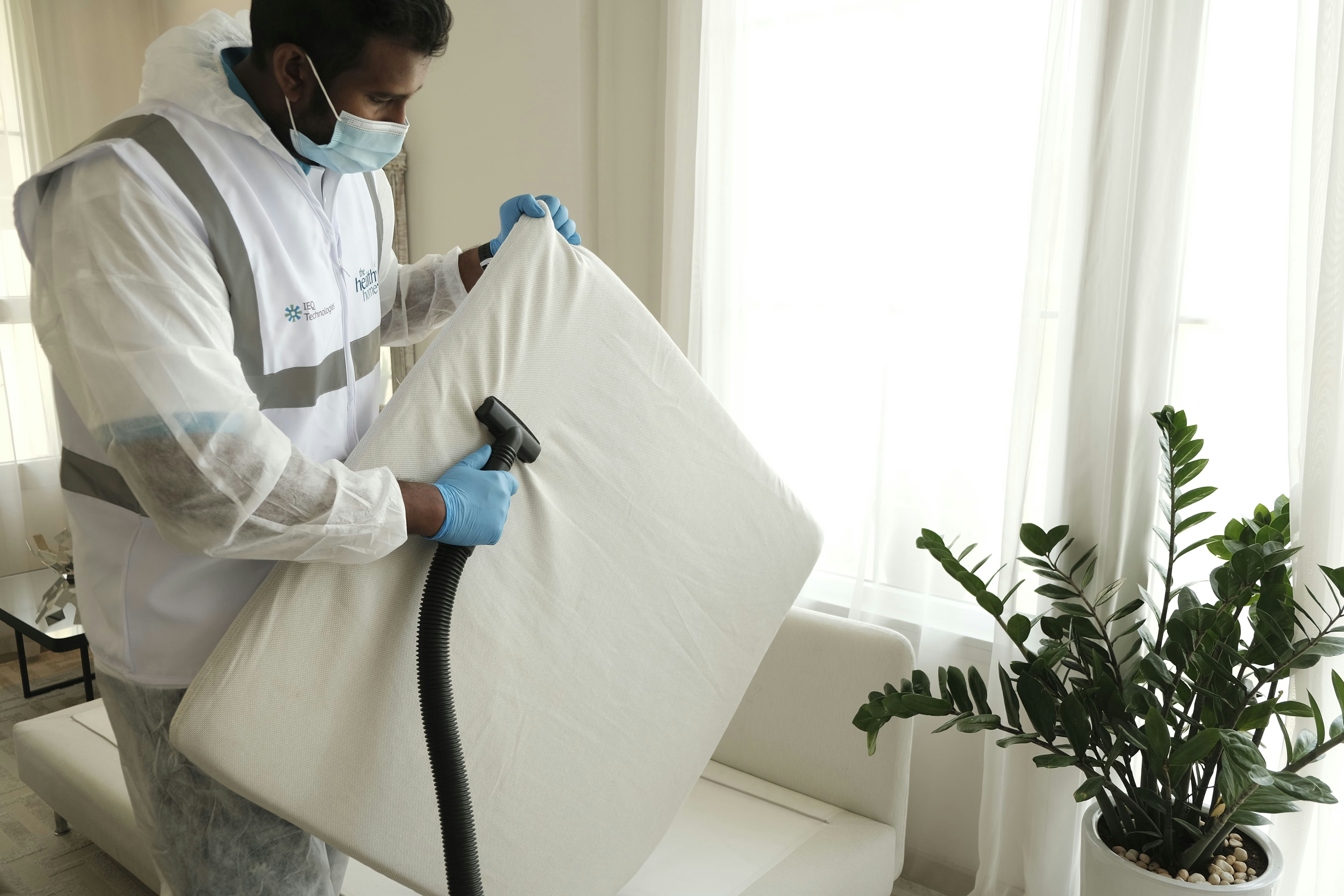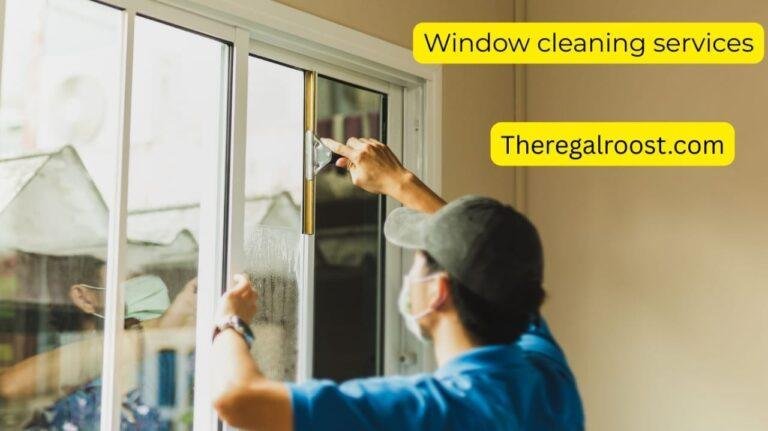Summary
The article presents fundamental understanding of swimming pool cleaning through an easy-to-understand approach. You will understand pool cleaning importance while discovering the complete cleaning process with frequency guidance and important water safety tips. The article resolves frequently asked questions regarding swimming pool cleaning practices. The pool cleaning guide with both self-cleaning instructions and professional hiring information will ensure your pool maintenance ensures a great swimming experience this entire season.
Why Is Pool Cleaning Important?
No one wishes to take a dip in an unclean swimming pool. A pool without regular cleaning becomes hazy and shifts to green before it produces offensive odors. Several pollutants including dirt and leaves along with bugs as well as skin oils and sunscreen components accumulate in swimming pool water. The improper treatment of water enables dangerous germs together with algae to multiply and grow.
Swimming pool cleaning ensures both stunning aesthetic appeal and operational efficiency together with safety in the swimming environment. The cleaning of a pool makes swimming pools more appealing while ensuring healthy conditions and safeguarding machinery such as pumps and filters.
What Makes a Pool Dirty?
Water appearance does not determine if a pool contains hidden dirt because several substances including debris and germs produce pool contamination.
- Outer particles consisting of leaves along with dirt and insects continually drop into the swimming pool.
- Serum such as sunscreen along with sweat and body oils remain after pool users complete their swimming sessions.
- Bacteria along with algae proliferate under chlorine concentrations that remain below acceptable levels.
- Rainwater interrupts the water content equilibrium while delivering various forms of debris.
- The surface becomes tainted by airborne dust together with pollen.
The practice of regular swimming pool cleaning remains essential because pool water contamination can happen although the surface looks untainted.
Basic Tools You’ll Need
Couple basic tools make possible swimming pool cleaning in proper way.
- A pool skimmer together with a net work for collecting surface leaves and pool bugs.
- The pool vacuum serves the purpose of providing bottom pool cleaning.
- The pool brush will help you clean both the walls and floor.
- The test kit and test strips serve to verify chlorine chemicals and pH balance in the water.
- Pool shock together with chlorine helps maintain water safety and hygiene.
- A basic cleaning setup does not require costly equipment because proper essential tools suffice.
Step-by-Step: swimming pool cleaning process
Skim the Surface
The skimmer should be used to collect floating objects such as leaves and insects with small debris. Regular daily skimming of the water surface maintains clear water and avoids filter blockages.
Brush the Walls and Floor
A pool brush should be used for scrubbing both sides and the bottom of the pool’s structure. By using this technique surface-dwelling algae and dirt will detach from their attachment points. Periodic brushing of the pool surfaces should happen once or twice during each week.
Vacuum the Pool
Dirt and debris accumulation at the bottom will be extracted by vacuum use. Manual vacuum systems and automatic pool cleaners both work for vacuuming the pool. Complete vacuuming process weekly provides the best water clarity.
Clean the Filter and Basket
Your pool’s filter and skimmer basket trap dirt. Regular checks should be followed by emptying out accumulated gunk. When filters remain clean water flows better and produces transparent pool water.
Test the Water
Tools including test kits and test strips should be used for chlorine and pH level evaluation. Pool water that reaches balance appears clear while remaining completely safe. The proper range of chlorine for water should be 1–3 ppm with a pH level between 7.2 and 7.6.
Add Chemicals if Needed
The testing results indicating low chlorine or high pH levels require users to introduce suitable chemicals into their swimming pools. The pool requires occasional shocking specifically following events that gather many swimmers or warn weather conditions.
How Often Should You Clean a Pool?
Pool cleaning operations need to be performed regularly. This is an appropriate schedule for pool maintenance:
- Every day, skim the surface for leaves or bugs.
- Per weekly schedule you must brush the pool, vacuum it, test water quality and clean the filter system.
- Each month includes complete pool observance followed by shock treatment and system equipment checks.
- Proper cleaning schedules will increase during periods of extreme usage and wet weather conditions.
What Happens When Pool Cleaning Is Ignored?
A swimming pool which receives no attention will quickly become untidy. You might notice:
- Green or cloudy water
- Algae growing on the walls
- Unpleasant smells
- Irritated eyes and skin
- Clogged filters or broken pumps
The practice of cleaning avoidance creates both financial repair costs and unsafe swimming environments. The pool remains available for use at any time when maintenance occurs frequently.
DIY vs. Hiring a Pool Cleaning Service
A little time and proper equipment enable you to maintain your pool through weekly self-cleaning sessions. Professional pool cleaning services offer an excellent opportunity for those who are too occupied or need assistance with their pool maintenance. Pool professionals understand all needed steps for water chemical balance and equipment maintenance together with thorough cleaning efficiency.
Customers choose to perform weekly cleaning chores before switching to professional monthly deep pool cleaning services. Finding a pool maintenance solution depends on your time availability and financial means.
Tips to Keep Your Pool Cleaner for Longer
Swimmers should always cover their pools during time periods of non-use. The covering efficiently blocks entry of soil along with insects and water droplets.
- Cut the nearby trees and bush growth to reduce leaf accumulation near the pool area.
- Pool participants should wet themselves before joining the pool area. The presence of swimmers decreases the amount of oil and soil that enters the water.
- Every day operation of the pool pump system ensures proper water filtration.
- Regular pool shocking kills the germs that remain hidden.
- Simple measures have strong effects on maintaining pool freshness.
FAQs About Swimming Pool Cleaning
Q. What is pool shock, and when should I use it?
Swimming pool shock represents an intensive chlorine solution which removes water cloudiness as well as eliminates bacterial growth. Apply shock treatments whenever the water develops a green tint or post-rainfalls or major swimming pool events.
Q. Can I use bleach instead of chlorine?
A number of individuals substitute their pool chlorine with basic bleach products. Pool-specific chemicals are the safest choice since they are designed for swimming pool water management while protecting all equipment.
Q. How long after shocking a pool can you swim?
Swimming is possible after the chlorine levels return to 1–3 ppm levels. This usually takes about 24 hours. Check the swimming pool water levels before entering the water.
Q. Why is my pool cloudy even after cleaning?
Cloudy water appears when the filter malfunctions or when chemicals become unbalanced or when excessive debris saturates the water. Start with cleaning the filter before vacuuming all over again and testing the water.
Q. How much does a pool cleaning service cost?
The budget for weekly pool maintenance costs between $75 as a minimum to $150 as a maximum depending on pool dimensions and geographical area. The price of deep pool cleaning services as a one-time service exceeds the normal fees.
Final Thoughts
The task of maintaining clean swimming pools requires no difficult methods. Several basic tools together with daily maintenance allow you to achieve crystal-clear water throughout the entire season. Both private cleaning and professional services work towards achieving the same objective of creating a clean and available swimming pool that ensures safety and enjoyment.




